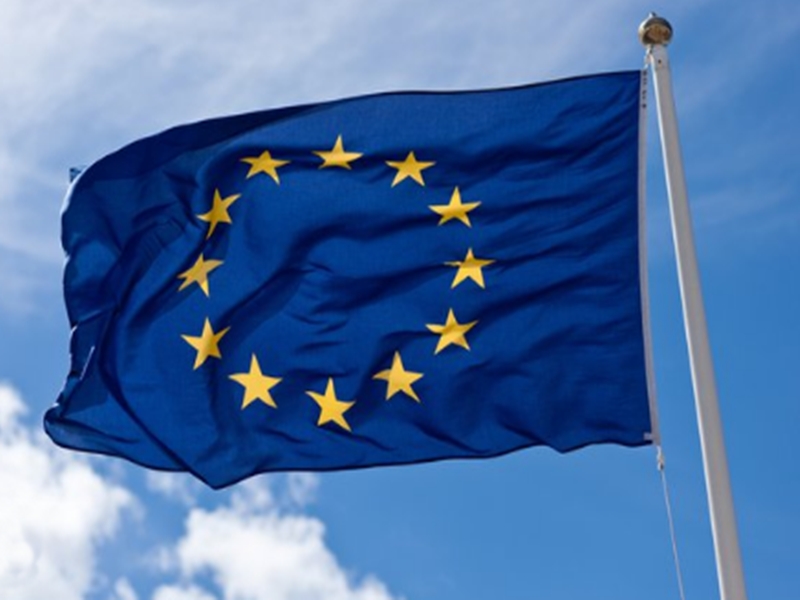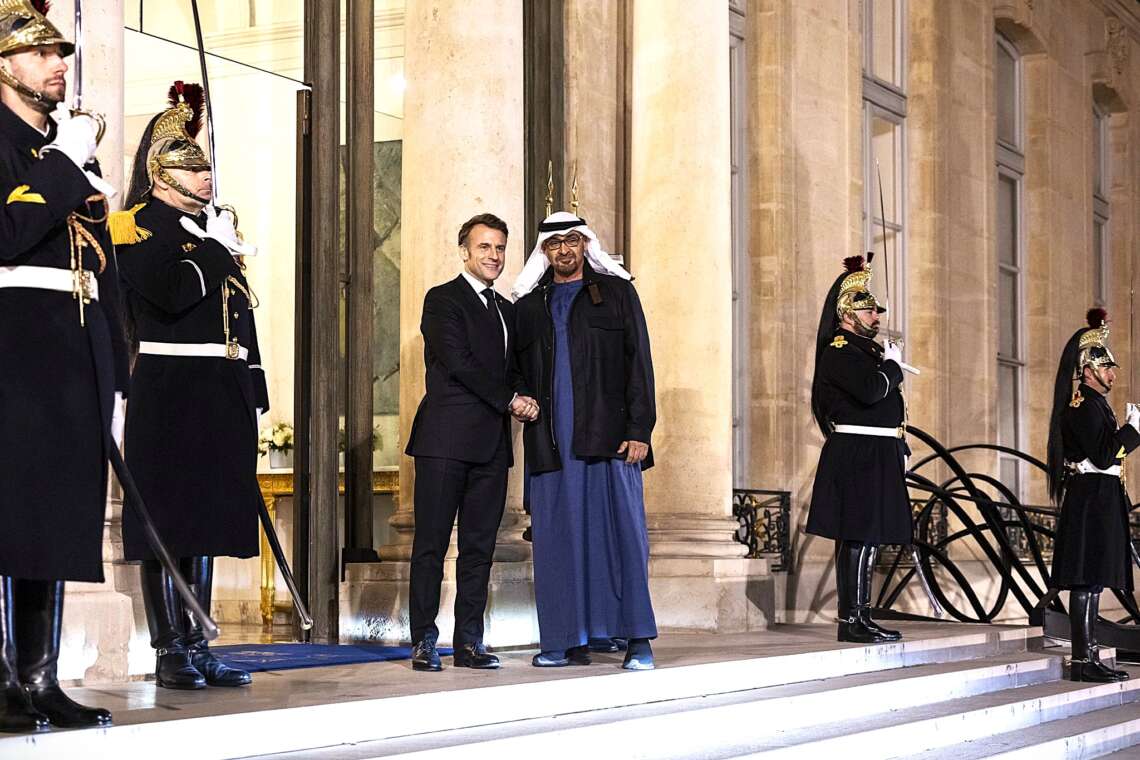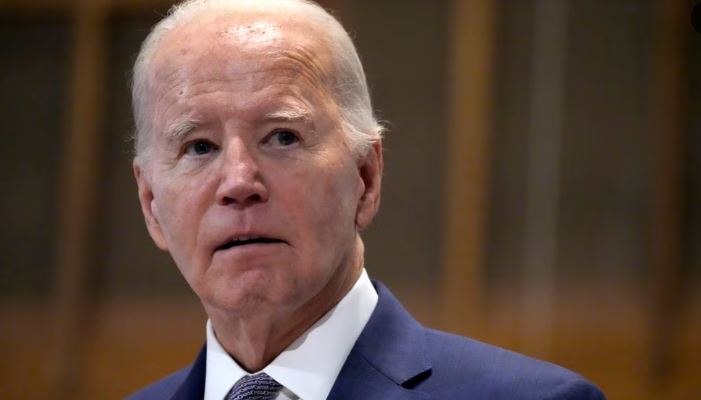There are 14 seats up for grabs for Ireland in the European Parliament elections, which are happening at the same time as elections for local office…reports Asian Lite News
Polls open in the Czech Republic and Ireland on Friday for the second day of voting in the continent-wide European Parliament elections, in which around 360 million people can cast their ballot over four days.
In Ireland, opposition party Sinn Fein wants to use the elections to galvanise support ahead of national polls anticipated in the coming year.
“Vote Sinn Fein on Friday as the first step towards a change of government,” party leader Mary Lou McDonald posted during the campaign trail on social media platform X.
“It’s time for new people with new solutions and new ideas at local government and European level. Change starts here,” McDonald added, aiming to tap into public dissatisfaction with public services and housing shortages.
There are 14 seats up for grabs for Ireland in the European Parliament elections, which are happening at the same time as elections for local office.
Public concern about increased numbers of asylum seekers in Ireland has seen a swell of independent candidates emerge, promising tougher immigration policies.
The Czech Republic is holding elections across Friday and Saturday, with 21 seats to be won.
Opposition party ANO is polling at 23.1 per cent, narrowly ahead of the coalition government parties, and may win up to six seats, according to STEM, a Czech polling agency.
However, “the ANO movement is nowhere near the gains we are used to,” STEM analyst Martin Kratochvíl said, attributing this to the typically low Czech turnout – especially among the more eurosceptic opposition – in European Parliament elections.
Emerging from the Covid-19 pandemic with economic growth subdued, shocked by the war in Ukraine, struggling to cope with rising immigration and attempting to face the dangers posed by climate change, these elections are rife with uncertainty about the European Union’s future path.
It is also the first EU election since Britain became the only country ever to formally leave the bloc in 2020.
Netherlands was the first country to vote on Thursday, with Geert Wilders’ far-right Party for Freedom (PVV) in the spotlight, aiming to capitalise on a surge in support.
While Wilders’ party made strong gains and was on track to have secured seven of the 31 Dutch seats in the European Parliament, up from just one, it was edged out by a centre-left Dutch political alliance which won eight seats, according to an exit poll from Thursday evening.
If forecasters’ predictions are correct, far-right parties will do better this time around than ever before, potentially affecting everything from EU migration and climate policy to the choice of the next European Commission president.
Italy, Latvia, Malta, and Slovakia are next to start voting on Saturday, with Italians voting across two days. In the rest of the EU, elections will be held on Sunday, June 9.
Once the votes are counted and politicians are elected to their seats in the European Parliament, the political parties will form into different pan-European groups.
The centre-right European People’s Party (EPP) has been the largest such group for the last 25 years, though no group has ever had a parliamentary majority.
The other current blocs are the centre-left Socialists and Democrats (S&D), the liberal-centrist Renew, the environmentalist Greens, the far-right Identity and Democracy (ID), the less radical but nationalist right-wing European Conservatives and Reformists (ECR) and the radical socialist group, The Left. There are also non-aligned parties and independents.
Once the results are in and the new parliament begins to take shape, EU leaders will gather for an informal summit to start the process of selecting the new commission president, the most powerful executive position in the EU.
Incumbent President Ursula von der Leyen is seeking a second term. To succeed, the German conservative politician first needs the backing of a qualified majority of EU leaders. Then, the European Parliament must approve her nomination by a majority vote.
In 2019, von der Leyen was approved by a margin of just nine votes. With the expected growth of far-right parties in parliament, she may face an even harder challenge holding on to her job this time.













